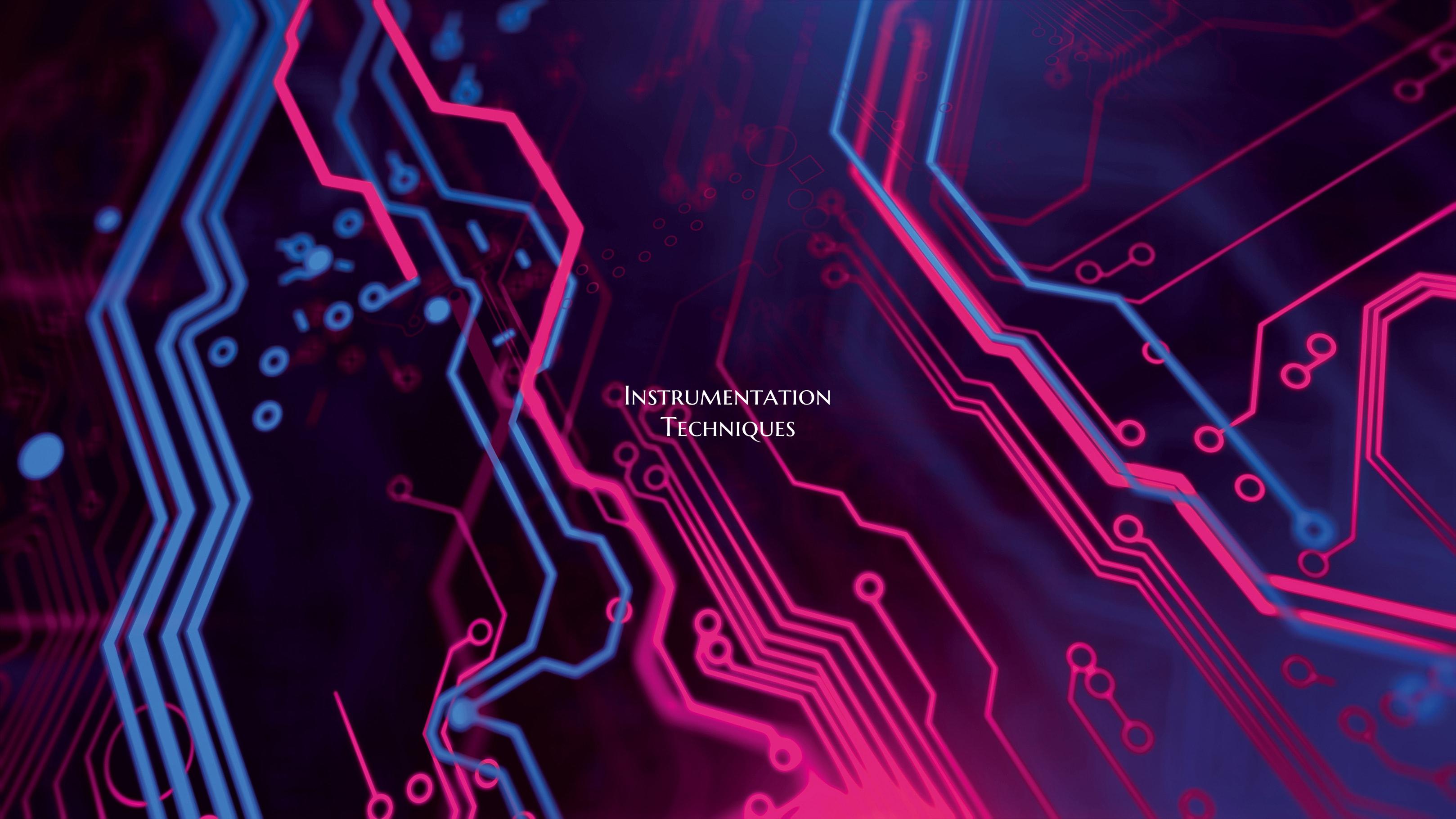Instrumentation Techniques
Introduction: Instrumentation techniques play a crucial role in a wide range of industries and sectors, providing valuable data and insights through the use of specialized tools and equipment. From scientific research to industrial applications, instrumentation techniques enable precise measurements, monitoring, and control of various processes. This article delves into the significance of instrumentation techniques, their applications in different fields, and the advancements driving innovation in this evolving domain.
Importance of Instrumentation Techniques: Instrumentation techniques involve the use of instruments and devices to gather, analyze, and interpret data accurately. These techniques are essential for ensuring the reliability, accuracy, and efficiency of various processes. They enable real-time monitoring of parameters, control of systems, and quality assurance in industries such as healthcare, environmental monitoring, manufacturing, agriculture, and more. Instrumentation techniques help in optimizing performance, enhancing productivity, and ensuring safety in diverse settings.
Applications in Different Fields: 1. Healthcare: In the healthcare industry, instrumentation techniques are used in diagnostic tools such as MRI machines, ECG devices, and blood analyzers to assess patient conditions and monitor vital signs accurately. These techniques aid in disease detection, treatment monitoring, and surgical interventions, improving healthcare outcomes.
2. Environmental Monitoring: Instrumentation techniques are crucial for monitoring environmental parameters such as air quality, water quality, and soil composition. Sensors and data loggers are employed to track pollution levels, climate changes, and ecosystem health, facilitating informed decision-making for conservation efforts and sustainable practices.
3. Manufacturing and Automation: In the manufacturing sector, instrumentation techniques are employed for process control, quality assurance, and predictive maintenance. Instruments like flow meters, pressure sensors, and temperature controllers ensure precise measurements and optimal operation of machinery, enhancing production efficiency and product quality.
4. Research and Development: Instrumentation techniques play a vital role in scientific research across various disciplines, including chemistry, physics, biology, and engineering. Advanced instruments such as spectrophotometers, chromatographs, and electron microscopes enable researchers to analyze materials, study phenomena, and conduct experiments with high levels of accuracy and reliability.
Advancements Driving Innovation: Technological advancements have led to the development of sophisticated instrumentation techniques that offer higher sensitivity, precision, and automation capabilities. Innovations such as Internet of Things (IoT) integration, data analytics, and remote sensing have revolutionized the field of instrumentation, enabling real-time data acquisition, cloud connectivity, and predictive maintenance strategies. Miniaturization of sensors, wireless communication, and smart instrumentation have further extended the applications of instrumentation techniques across industries, paving the way for enhanced efficiency and performance.
Conclusion: Instrumentation techniques form the backbone of modern industrial processes, scientific research, and technological advancements. With their diverse applications and continuous evolution driven by innovation, these techniques play a vital role in optimizing performance, ensuring accuracy, and enabling informed decision-making across various fields. Embracing the latest advancements in instrumentation technology is essential for staying competitive, improving efficiency, and driving progress in today's dynamic and data-driven world.

